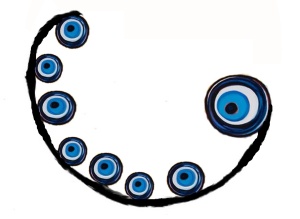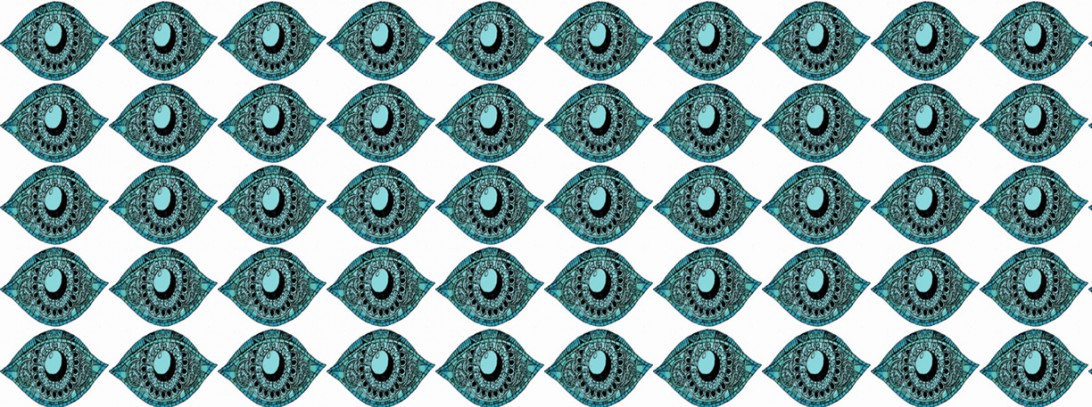I want to start
an organization
to save my life.
–Essex Hemphill
The Third Eye Collective is a survivor initiated intergenerational grassroots collective led by self-identified women of Black/African origins. This collective is dedicated to healing from and organizing against sexual, gender-based, intimate partner, and state and institutional violence, as well as incest. Our intention is to end intergenerational violence and transform communities of African descent by prioritizing the safety and self-determination of Black women survivors through the lens of transformative justice.
We began our work in December 2013 with a community accountability process and through that work, realized the historical absence of Black women in Montreal organizing in a visible, sustainable fashion around sexual violence. We are changing that by redefining Black feminism in Montreal through our community and intellectual work, as well as through the manner in which we organize: We are activists and community historians with a commitment to naming and sharing our stories of gendered violence. We prioritize the physical safety, emotional, and spiritual well-being of the people we break bread with at our meeting table. We encircle and protect one another with love and support as we collectively confront everyday violence in the larger society and within our communities. We navigate the challenges that come when dealing with friends, family, and community members who do not always “have our backs” and perpetuate secondary traumas that challenge our own healing.
“I am not wounded; I walk with wounds.”
The Third Eye Collective walks in the footsteps of other Black, Indigenous, women of colour feminists, and radical bridge builders who have created long-lasting movements for decolonization and justice. We stand on the shoulders of our ancestors who are present all around us, and our bodies hold their memories. We honour the knowings and instincts that are etched into our cellular memories, especially when it comes to ensuring our individual safety and collective survival. In short, our interpersonal integrity and healing is our organizing work, and our activist labour is intimately connected to our groundedness in Spirit– a Spirit that both precedes and succeeds us.
Through collective action, healing, and accountability, we are learning how to organize an end to sexual violence and rape culture within our families and communities without over-relying on cops, courts, prisons, and professionalized social services. We seek to develop strategies to address intimate, interpersonal, community, and state violence. We also aim to transform the social conditions that perpetuate violence. In doing so, we desire to move beyond state-imposed, institutionalized, criminal legal and punishment systems. We believe that strategies designed to combat sexual and domestic violence must be linked to strategies that combat police violence, hate violence, as well as anti-Black, racist, colonial, and anti-immigrant violence that persists against our communities. At the same time, we recognize the historical shortcomings of Black political and community organizing that have failed to honor the veracity of Black women who speak up against gendered violence within our organizing rubrics, communities, and families. We assert this as a foundational belief in our work: We believe and support Black women who name their stories of gendered and sexual violence.
As a collective of women, sisters, mothers, aunties, lovers, friends, healers, and activist-scholars, we discuss strategies ranging from how to co-parent with the person who has done harm to prioritizing the self-determination of those who have been harmed. Given the prevalence of violence targeting Black girls and women, it is a critical historical moment to consider how to build collective safety for our community, including Black queer, trans, and gender non-conforming people. We believe all bodies are valuable and that no one is expendable among us.
We try to make organizing different by “making power” and not only through “taking power.” Our collective accountability circle is non-hierarchical.
We appreciate your comments, but will quickly delete any we find offensive or counter to our mission. If in doubt, please email us directly.


One thought on “Who We Are”